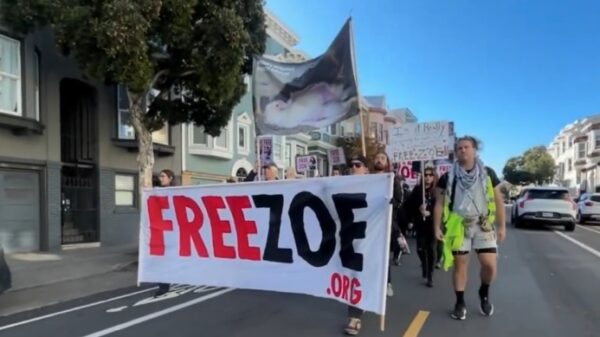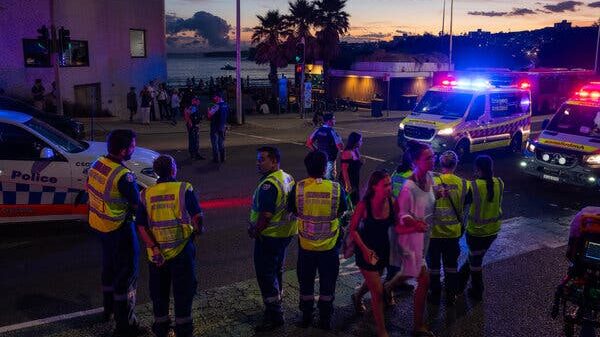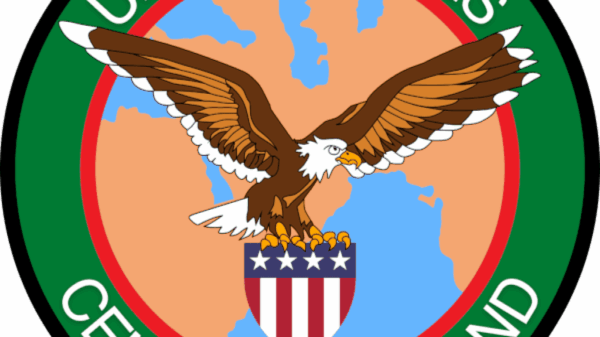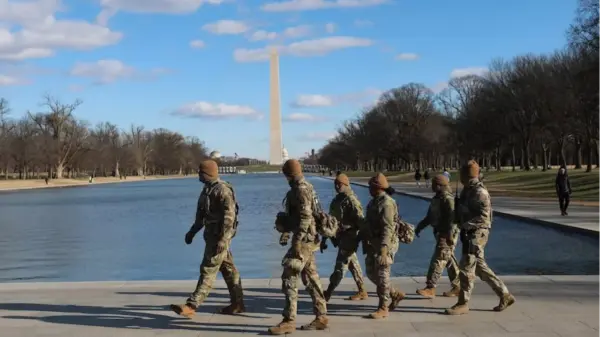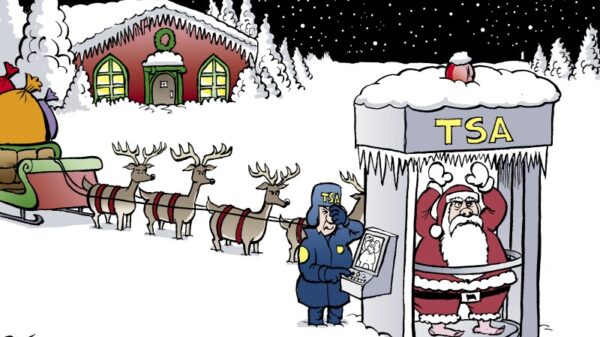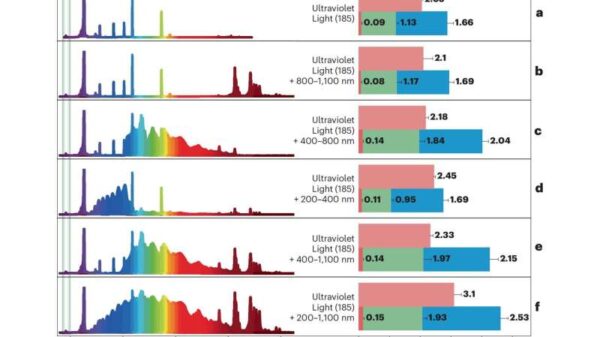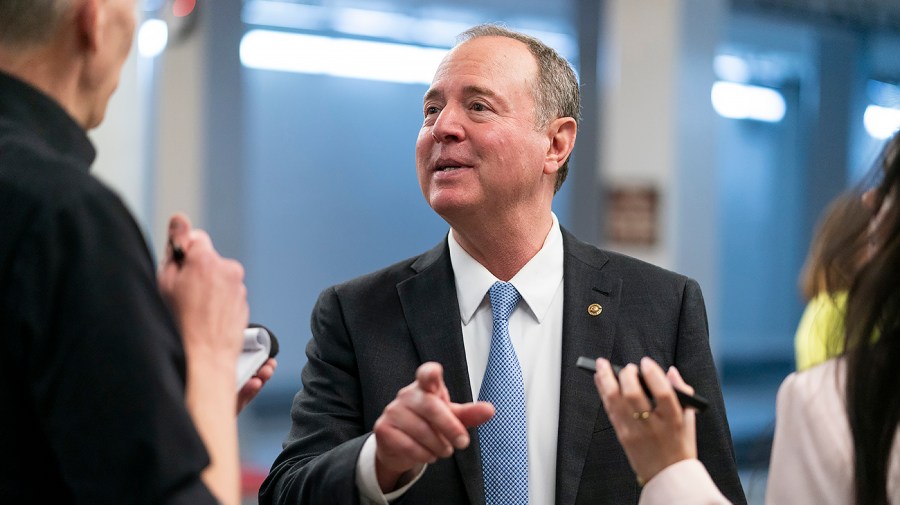Democratic Senators Adam Schiff of California and Tim Kaine of Virginia are seeking to initiate a vote this week on a resolution aimed at preventing U.S. military strikes against vessels near Venezuela. This comes in response to allegations that these boats are involved in drug trafficking into the United States. The resolution, which is grounded in the War Powers Act, follows a recent U.S. military operation that targeted a vessel off the Venezuelan coast, resulting in the deaths of four individuals described by the Pentagon as “narco-terrorists.”
The push for this vote reflects a broader concern over the potential for escalating military involvement in the region. According to sources, including a spokesperson for Schiff, the resolution aims to hold Congress accountable for decisions related to military action. Schiff emphasized the need for legal justification, stating, “Congress alone holds the power to declare war. Blowing up boats without any legal justification risks dragging the United States into another war and provoking unjustified hostilities against our own citizens.”
Military Operations and Political Response
The recent military action is part of a series of strikes conducted by the U.S. military against vessels in the Caribbean Sea, which the administration claims are linked to drug cartels. To date, there have been four such strikes, with the White House reporting that these operations have resulted in the deaths of at least 21 individuals. Defense Secretary Pete Hegseth stated that the latest strike targeted a vessel associated with a designated terrorist organization operating within the U.S. Southern Command area.
Hegseth confirmed that no U.S. military personnel were injured during these operations and noted that the strikes took place in international waters. He asserted, “Our intelligence, without a doubt, confirmed that this vessel was trafficking narcotics, the people onboard were narco-terrorists, and they were operating on a known narco-trafficking transit route. These strikes will continue until the attacks on the American people are over.”
The political landscape surrounding these military actions is complex. The resolution proposed by Schiff and Kaine faces significant challenges in the GOP-controlled House and Senate. Yet, it serves to formally record lawmakers’ positions on military engagement in drug enforcement operations.
Trump’s Declaration on Drug Cartels
In a recent address to U.S. service members aboard the USS Harry S. Truman, former President Donald Trump declared a war against drug cartels, which he has designated as terrorist organizations. This declaration provides a legal justification for the military actions being taken against vessels suspected of smuggling drugs. Trump stated, “In recent weeks, the Navy has supported our mission to blow the cartel terrorists the hell out of the water. You can’t find any boats in the water anymore. We’re having a hard time finding them.”
As the political debate unfolds, the resolution’s introduction highlights the ongoing tension between executive military actions and legislative oversight. Schiff’s insistence on Congress’s authority to declare war underscores an essential aspect of U.S. governance, particularly in matters of military engagement. The outcome of the expected vote will reflect the broader implications of U.S. military policy in combating drug trafficking and the potential for further escalation in the Caribbean region.





